Normally we try to end the season on a high note. But here’s the unfolding news: NASA’s new budget is here, and it’s 25% smaller.
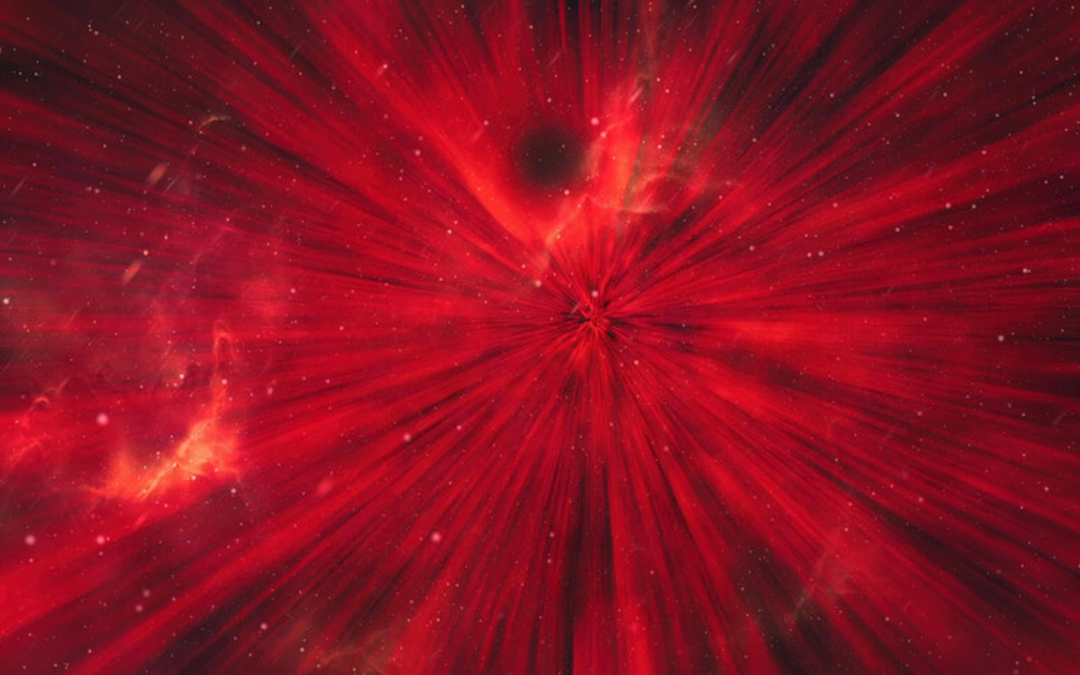

Normally we try to end the season on a high note. But here’s the unfolding news: NASA’s new budget is here, and it’s 25% smaller.
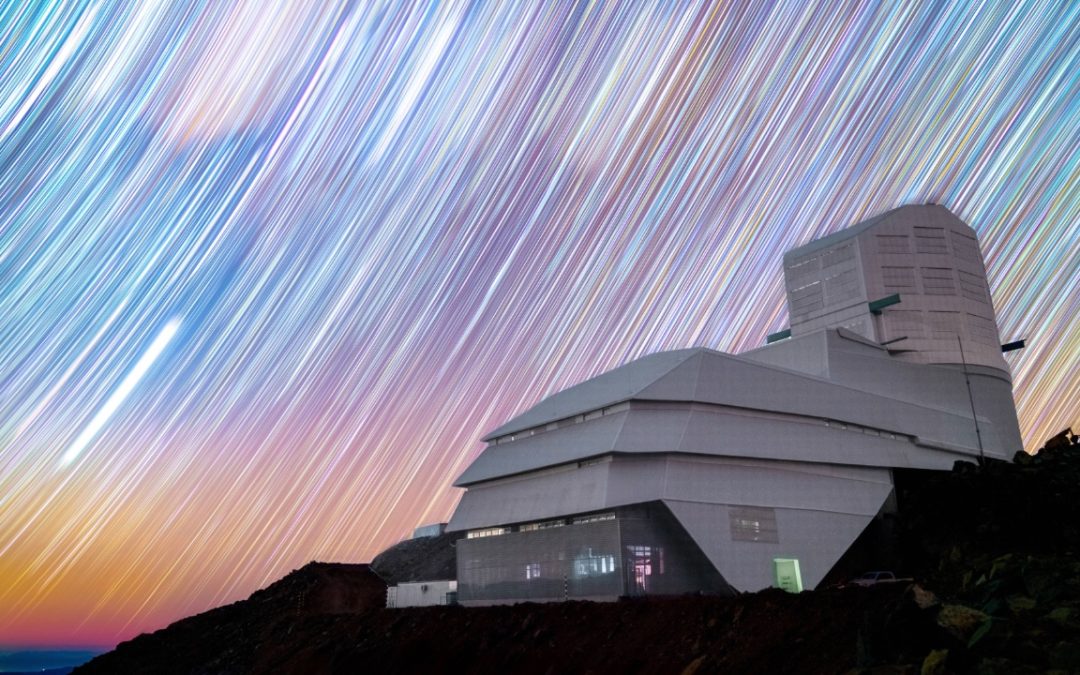
The time has come. The mighty Vera Rubin Observatory has finally come on line and delivered its “first light” images
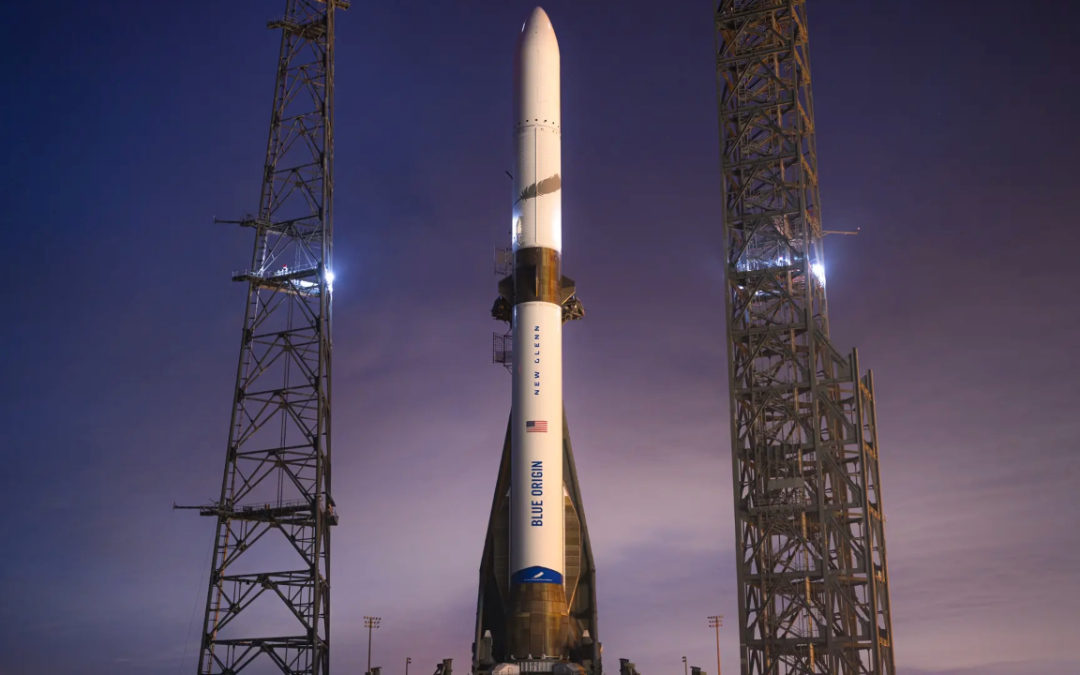
It’s almost time for our annual summer hiatus, but before we go, we wanted to direct you towards all the fun and space stuff we’ll be enjoying this summer. We’ve got meteor showers, planets, rocket launches, TV shows, movies! Here’s what’s good. In a couple of weeks,...
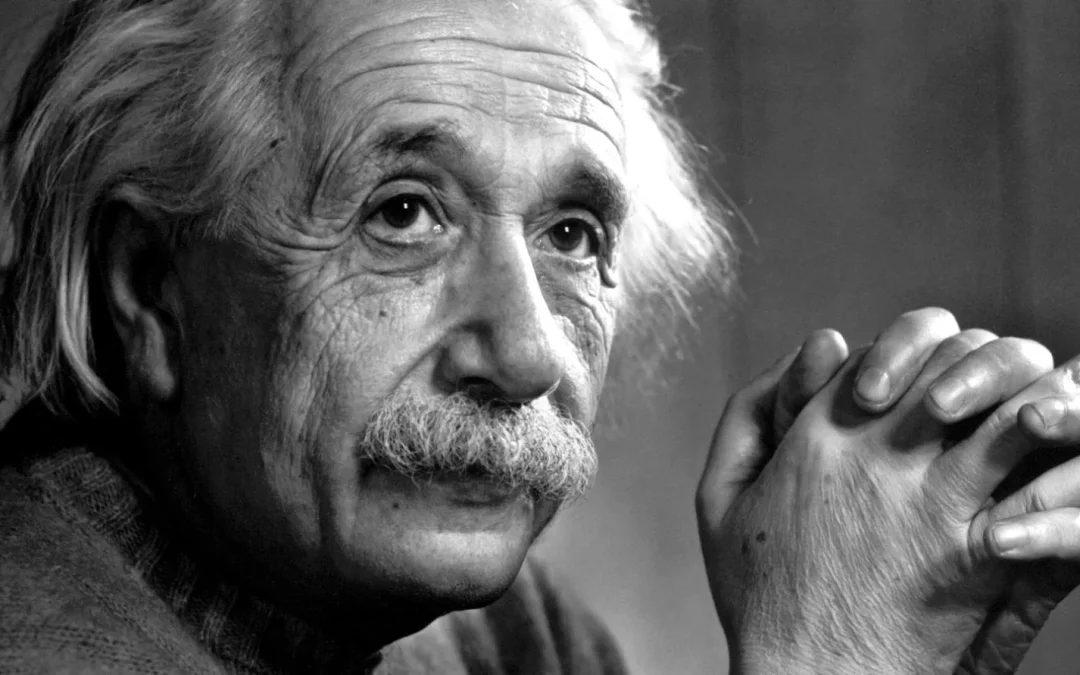
Last week we talked about the Einstein probe. So this week it is only natural that we talk about the man himself, Albert Einstein. He revolutionized the field of physics, played a vital role in the early 20th century and struggled to unite the forces of the Universe...
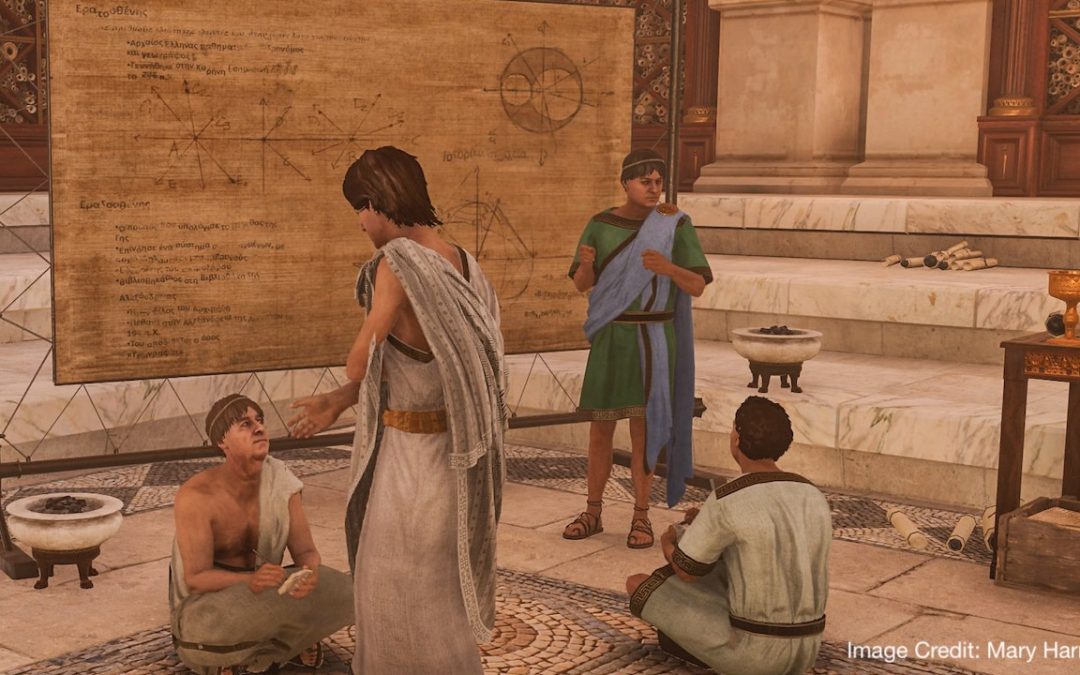
Let’s look at the Euclid of Alexandria, the father of geometry and his contributions in celestial mechanics and orbital calculations.
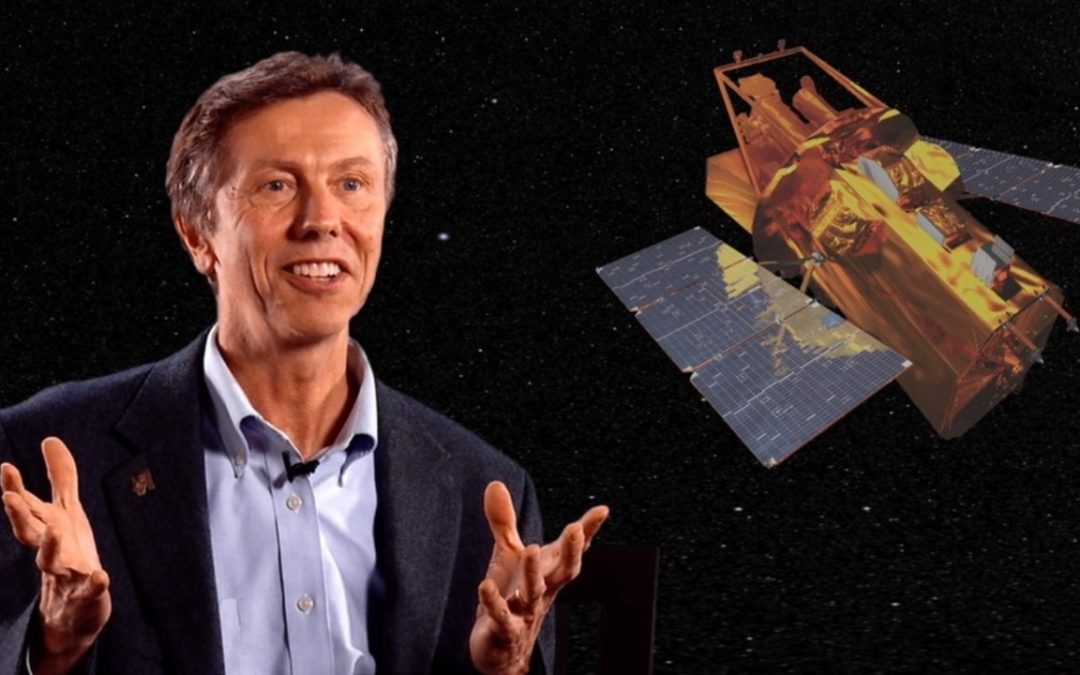
Last week we talked about the Neil Gerhels Swift Telescope, this week we’ll be talking about the man behind the mission.
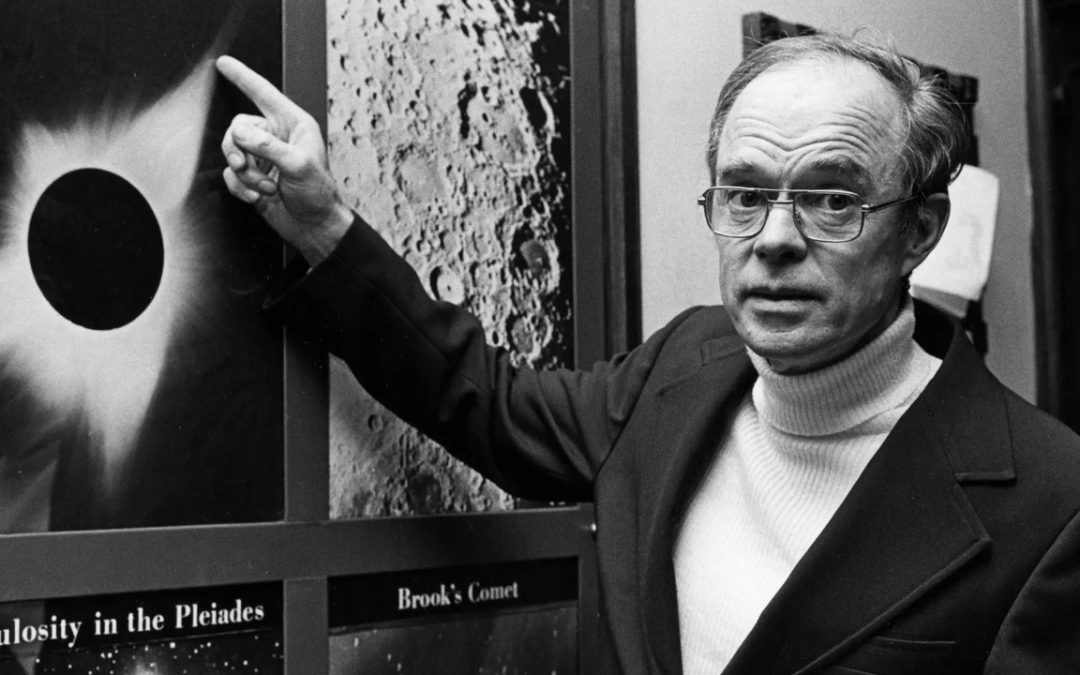
In our last episode, we talked about the Parker Solar Probe. Today, we talk about the person who inspired the mission
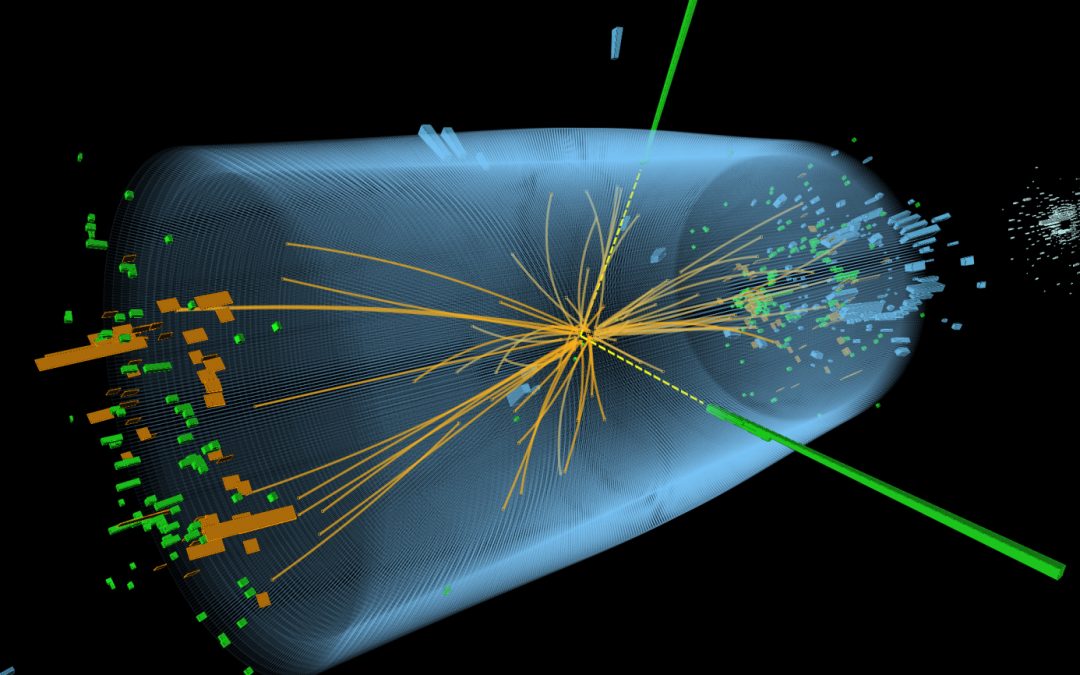
Last week, we learned about the death of Peter Higgs, a physicist and discoverer of the particle that bears his name. The Large Hadron Collider was built to find and describe the particle. Today, we’ll look back at the life of Peter Higgs and his particle.
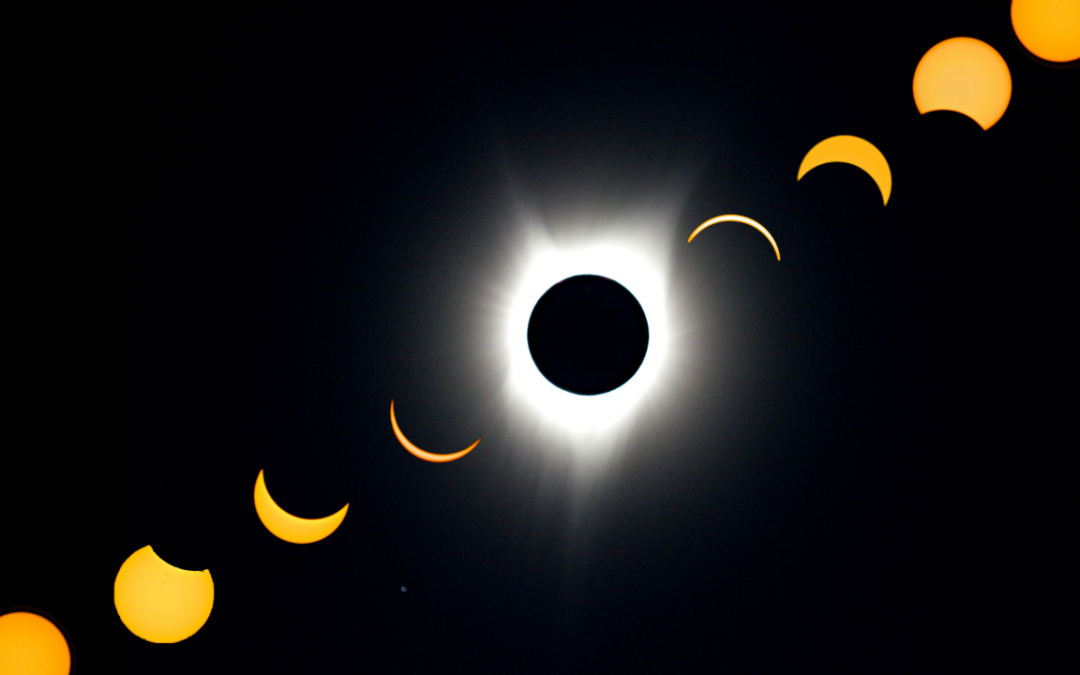
The next great eclipse is upon us, with viewers across North America witnessing the moon passing in front of the Sun. It’s an amazing experience, but also an opportunity to do science. Let’s talk about what we can learn from this momentous event.

You’ve probably heard that the best kind of science is peer-reviewed research published in a prestigious journal. But peer review has problems of its own. We’ll talk about that today.
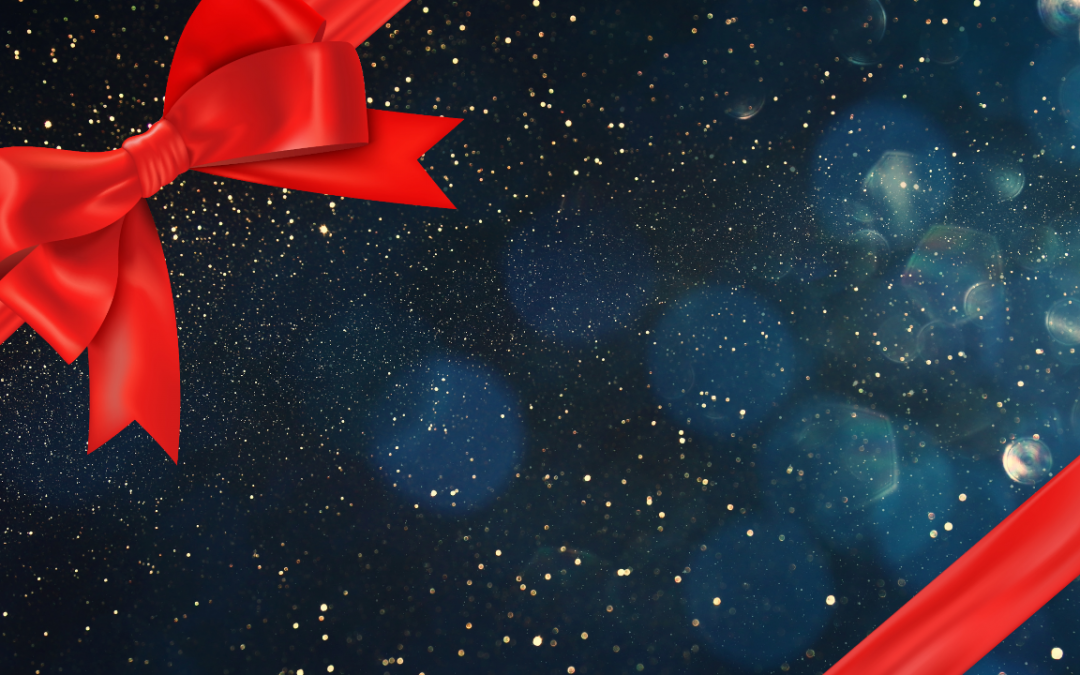
Just a warning, the holidays are rapidly approaching. It’s time, once again, to think about what to buy all the space nerds on your lists. Here’s what we like.
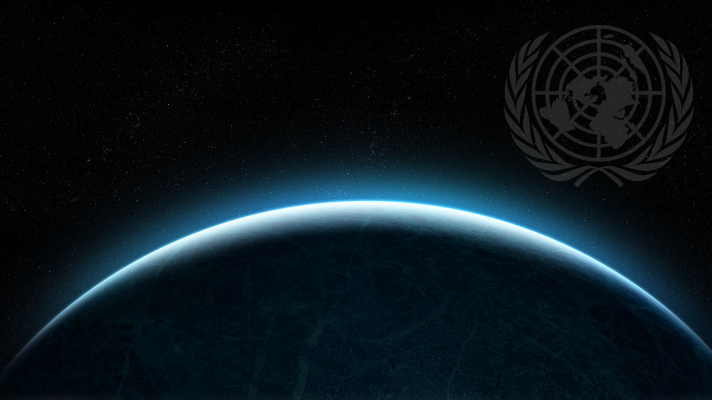
The Universe was inaccessible for most of human history, but the first tentative steps to space in the 20th century made humanity realize that science fiction was becoming science reality. New rules would have to be written to govern how we used this limitless expanse. Today we’ll talk about the Outer Space Treaty of 1967.
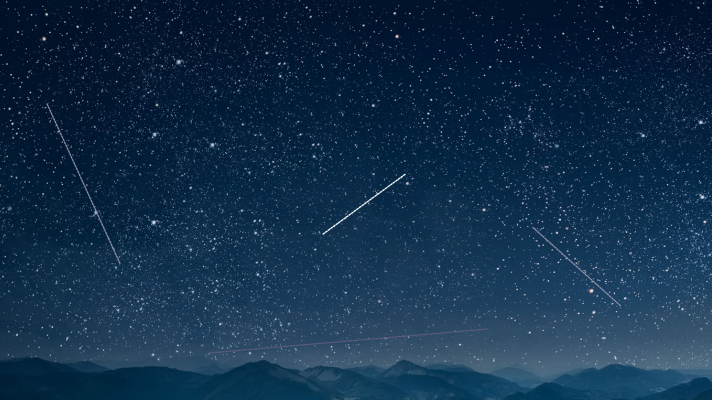
Light pollution is a big problem, and it’s only getting worse — not just near cities but everywhere thanks to increased satellite constellations. How bad is the problem, and how can we fix it?
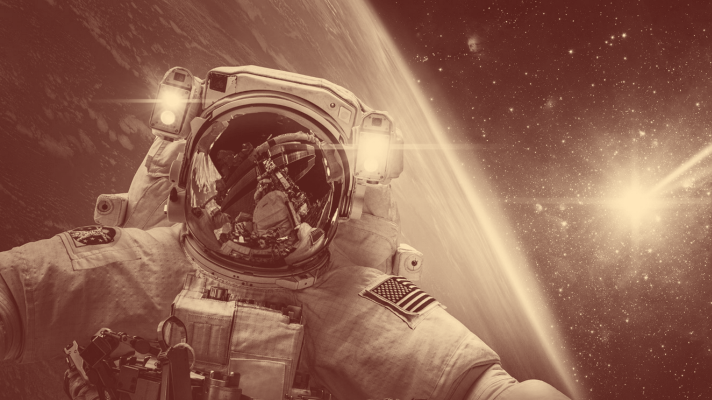
We’re recording this episode on Halloween, so how could we resist but take advantage of this opportunity. Space is already terrifying enough, you know, with the vast endless emptiness, incomprehensible mysteries, and uncaring coldness. But here are some scary stories to spook it up a notch.
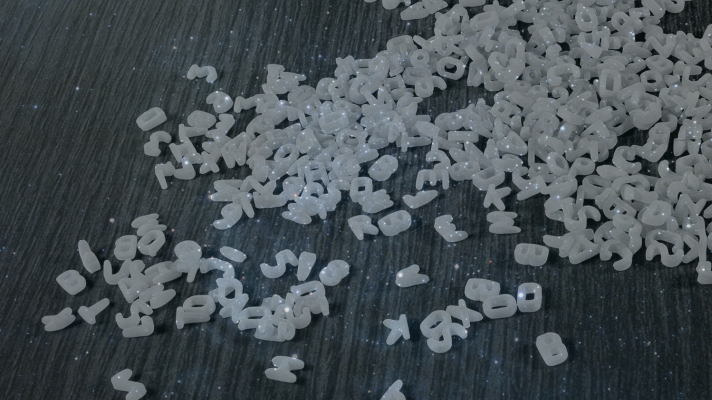
Space is a big place, with a lot of galaxies, stars, planets and moons, and that means a lot of names. How do astronomers name stuff, like comets, asteroids, exoplanets, craters?
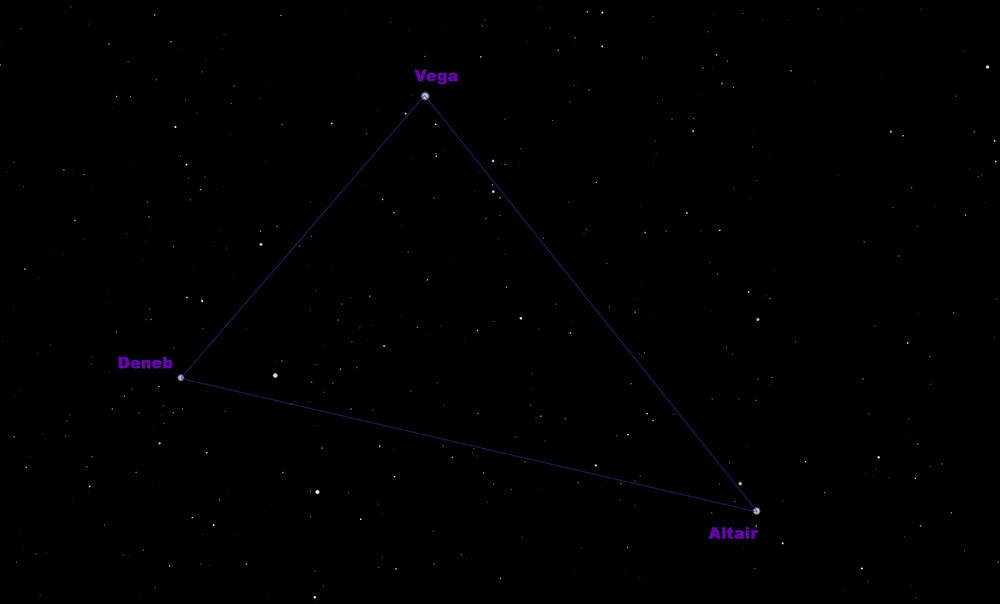
Summer is officially, astronomically here. And for folks in the Northern Hemisphere, that means it’s the perfect time to head outside and see what’s happening in the sky. Today we’ll give you a good list of things to keep an eye out for, with or without a telescope.
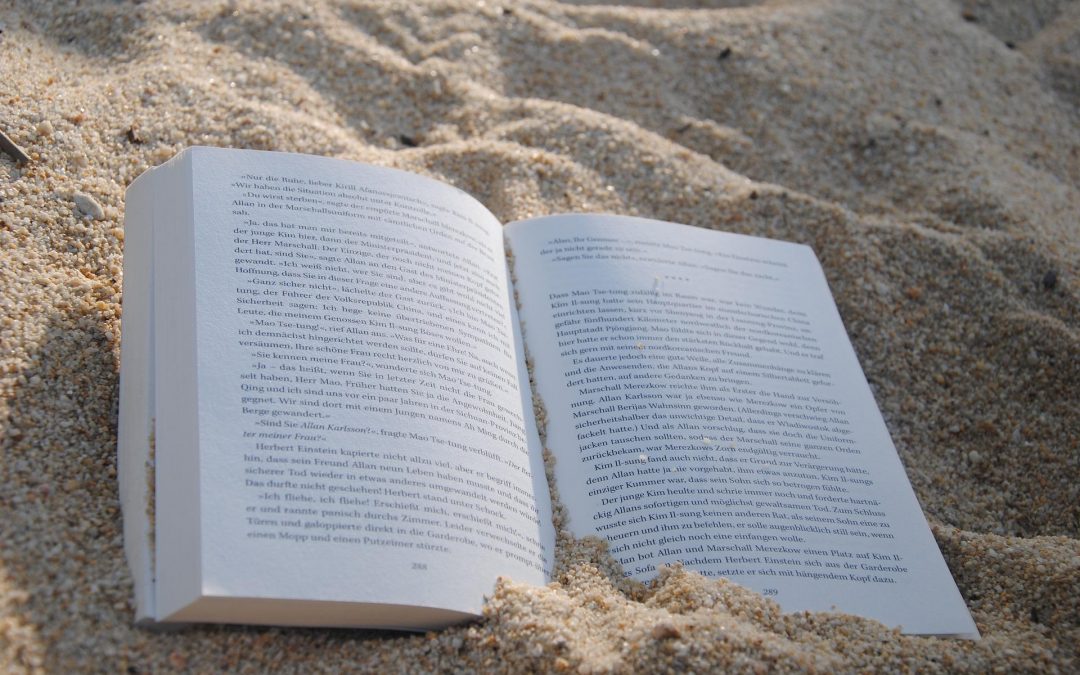
Summer is here and that means finally tackling your huge list of books piled up on your bedside table and filling up your Kindle. What books do we recommend for some fun reads?
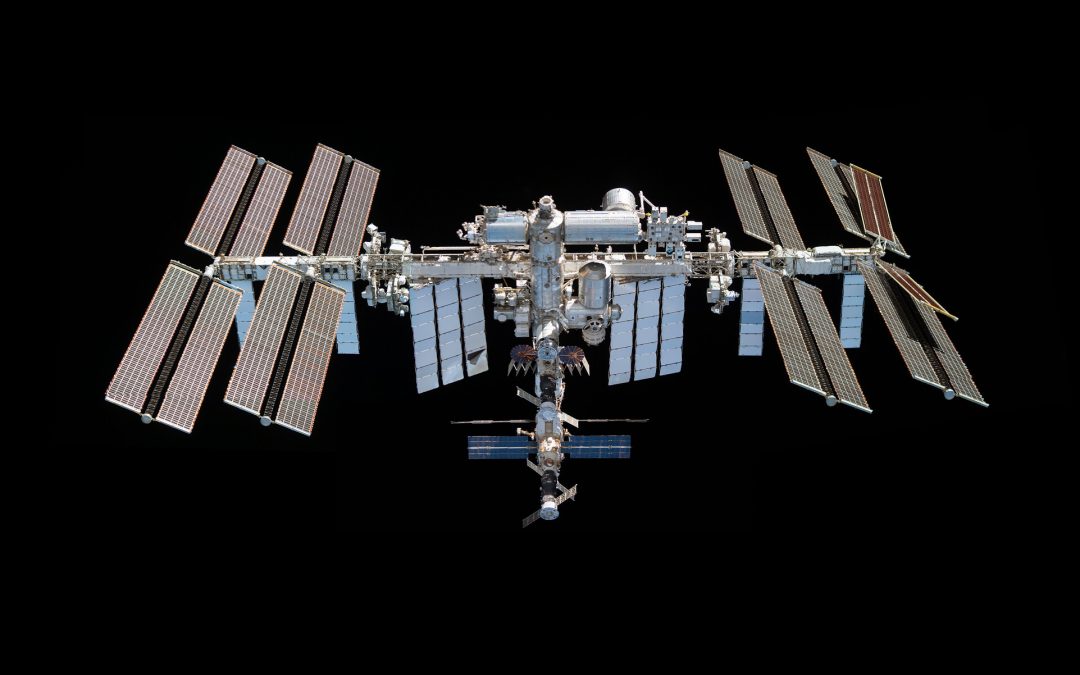
The International Space Station has been continuously inhabited for over 20 years now, serving as a peaceful collaboration between space-faring nations. But it’s a machine, and it’s getting old. In addition, the Russian invasion of Ukraine has made things complicated. What’s the future for the ISS?
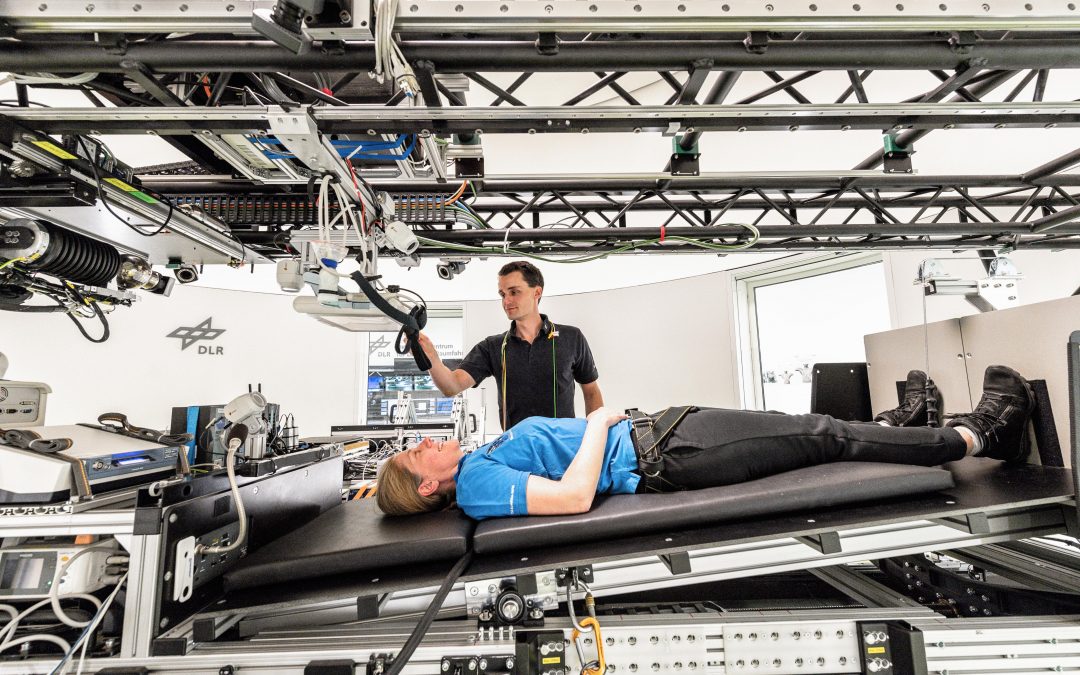
Although humans have never actually been to Mars, explorers have simulated many aspects of Mars missions here on Earth. There are missions under the ocean, on the tops of volcanoes, in the harsh Canadian north, and even in bed that simulate the limitations of spaceflight, and teach us many of the lessons to prepare us for the real thing.
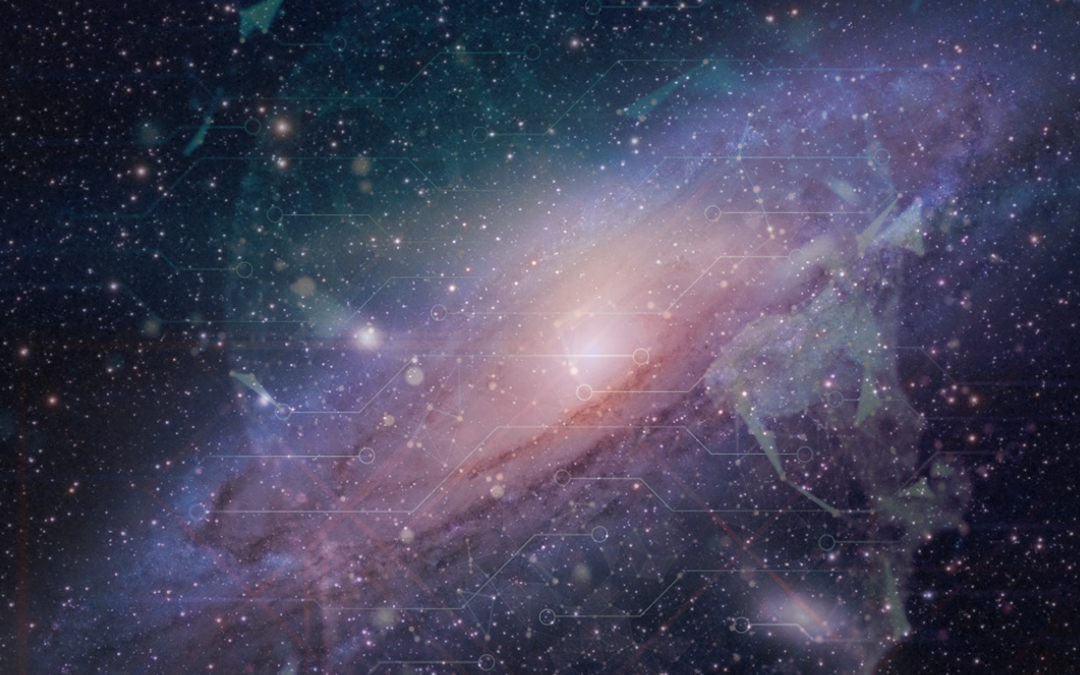
Computers are a big part of astronomy, but mostly they’ve been relegated to doing calculations. Recent developments in machine learning have changed everything, giving computers the ability to do jobs that humans could only do in the past.
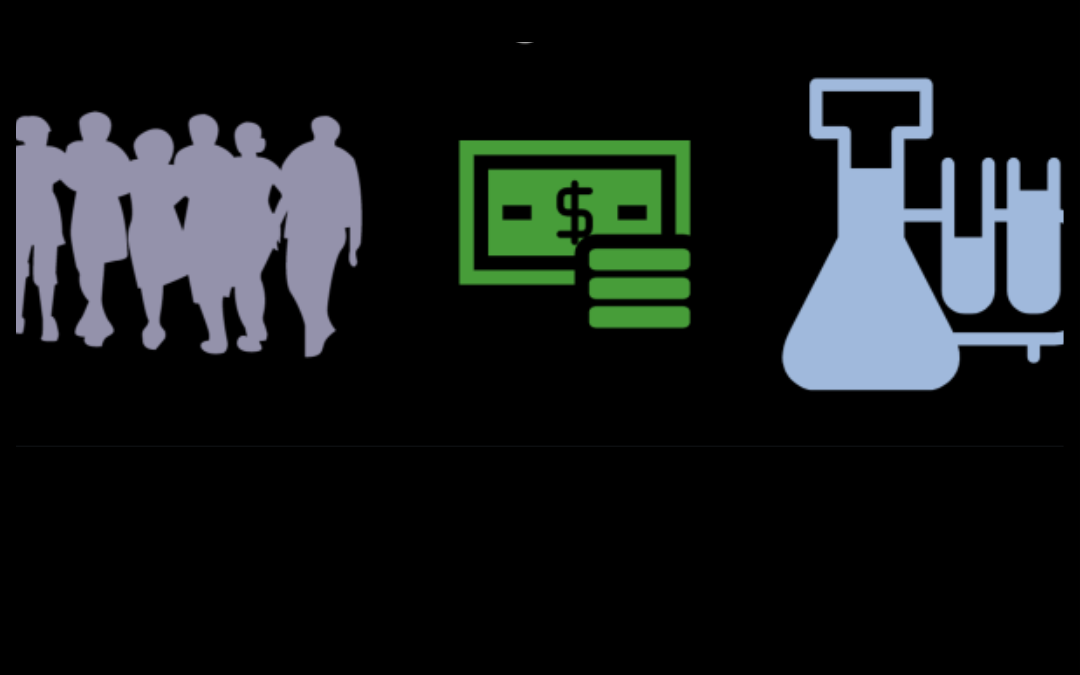
Funding for basic science has always been tricky business, coming mainly from universities, government, companies, or wealthy individuals, but who knows how many fascinating discoveries were never made because of a lack of funding? We now live in an era where regular people can come together to find scientific discoveries.
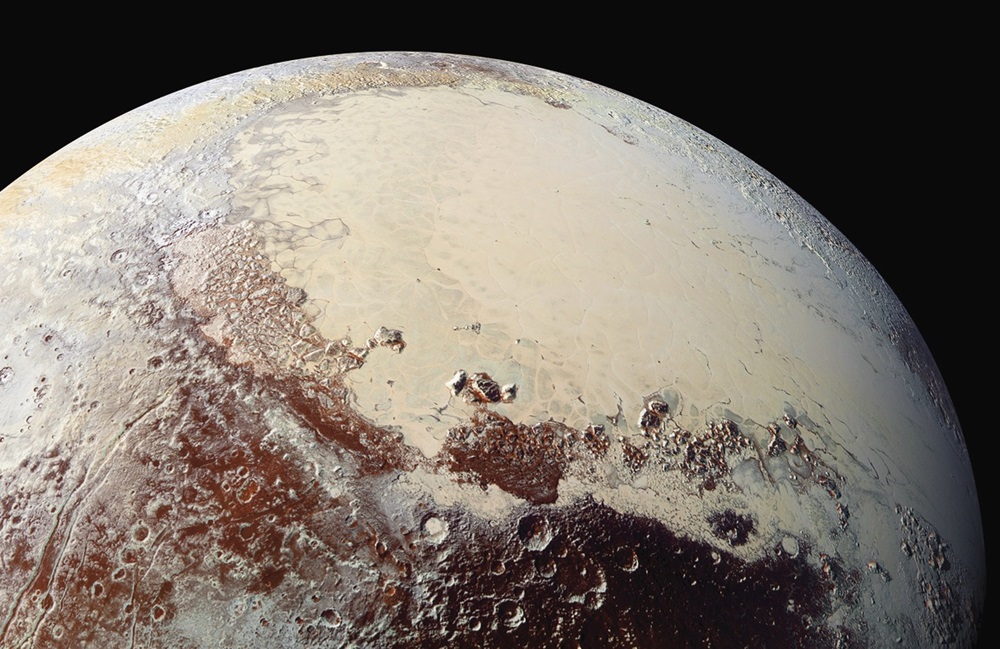
Astronomy Cast more than 600 episodes ago. Are there any updates? Does Pluto have a chance of regaining planethood again?
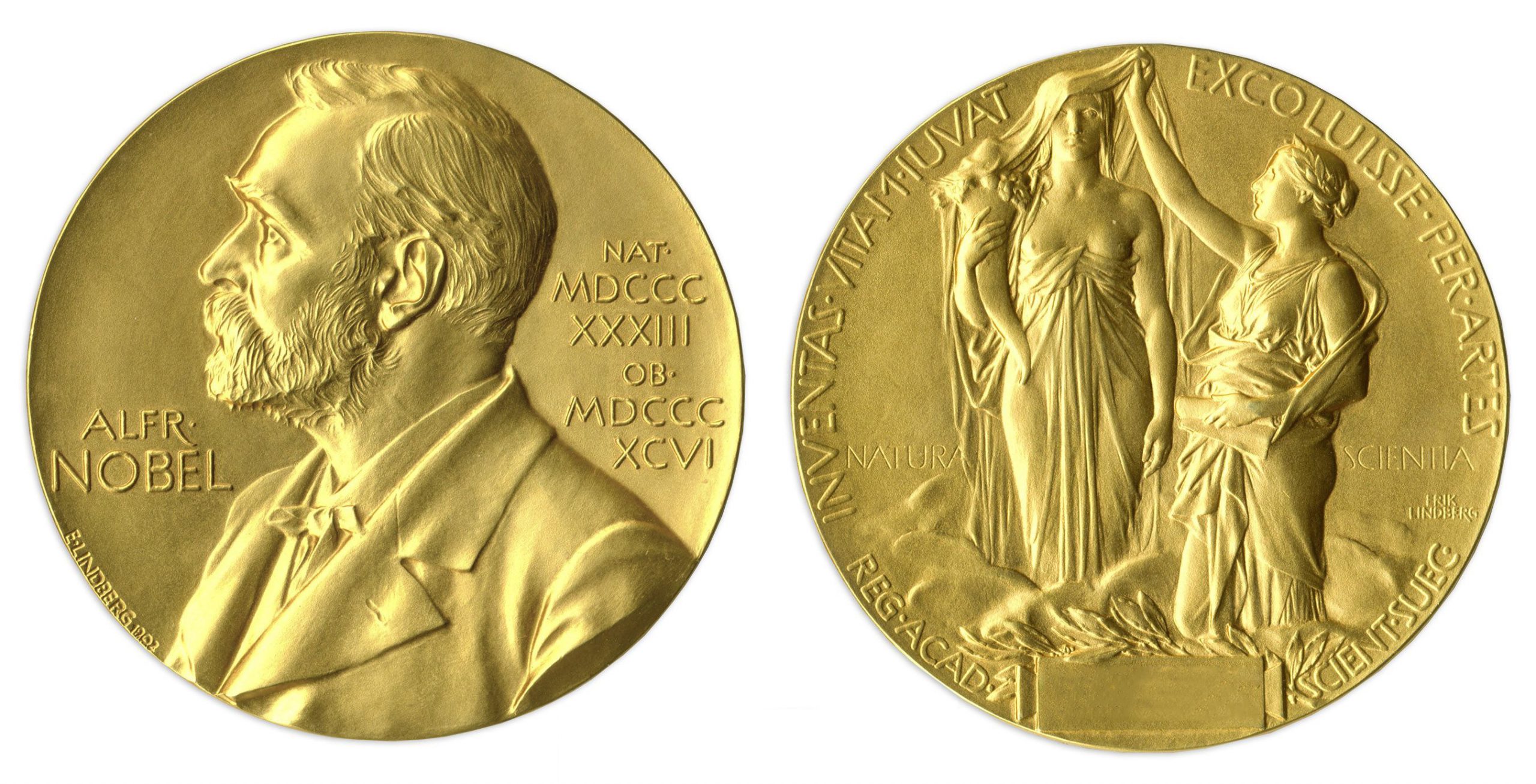
This year’s Nobel Prize in Physics was awarded to three brilliant researchers who worked out some of the secrets of black holes. Today we’re going to talk about the chain of discoveries that led to this award.

Pamela and Fraser discuss the implications of COVID-19 and it’s changes on the world, and what we all can do during this time.

We lost a bright star here on planet Earth last week. NASA mathematician Katherine Johnson passed away at the age of 101, after an incredible career of helping humans land on the Moon. If you saw the movie Hidden Figures, you’ll know what I’m talking about.